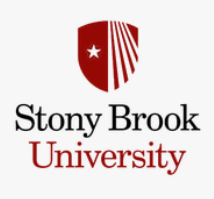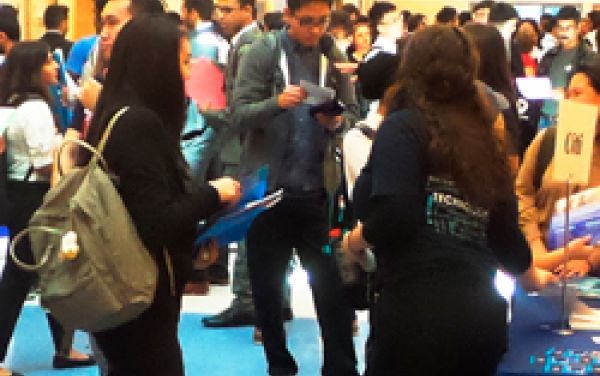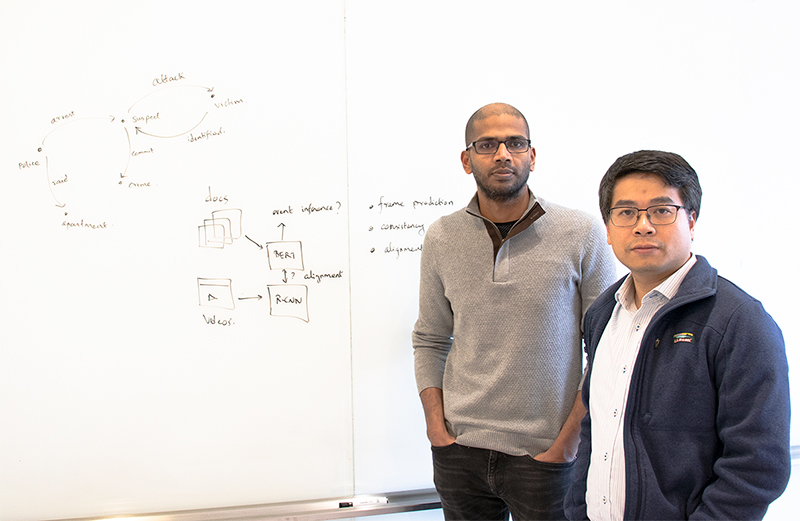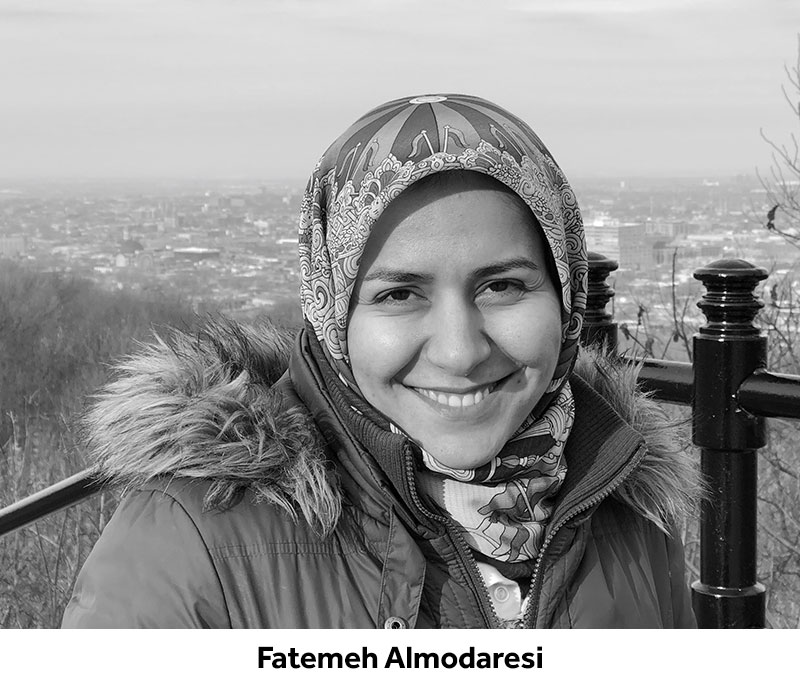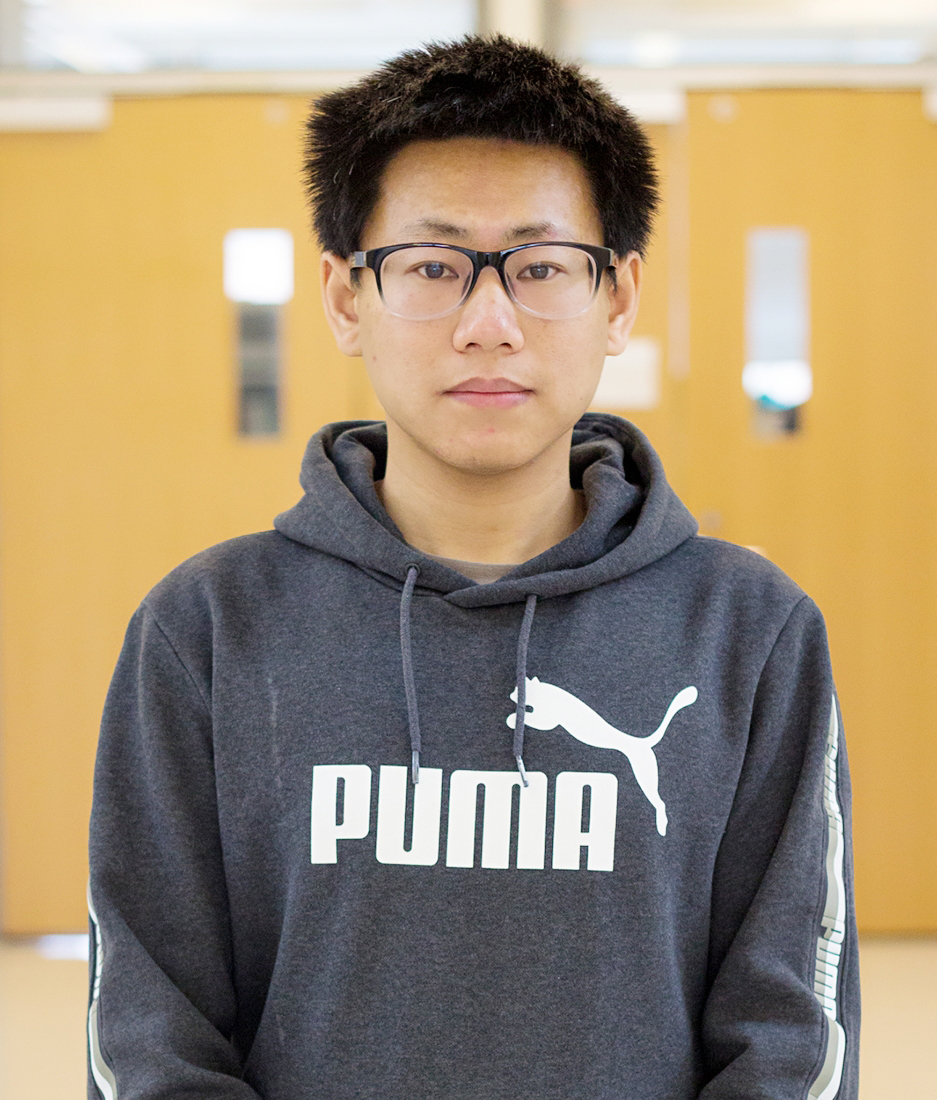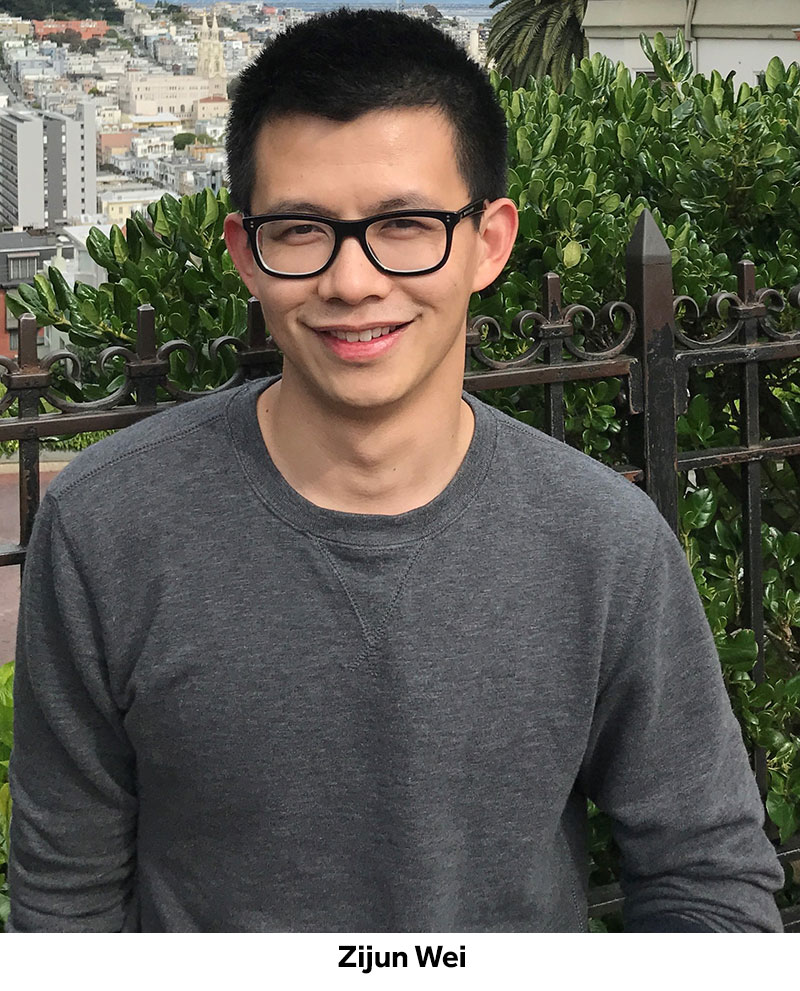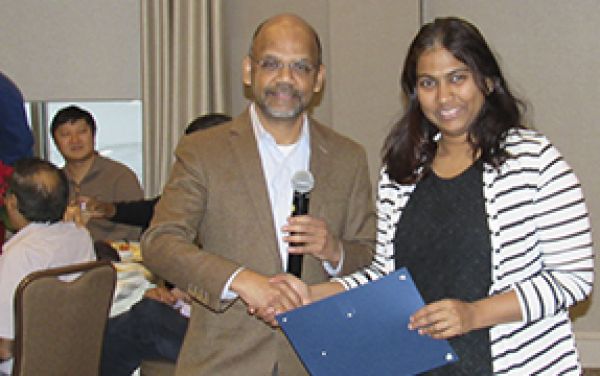- Read more about Subscribe to Events
- Log in to post comments
On January 9-10, 2020, the Department of Technology and Society, Stony Brook University, hosted an NSF funded workshop entitled “Data Science Across the Undergraduate Curriculum: University-Industry Online Case Studies on Applications of Data Science.“ This workshop is supported by the National Science Foundation under Grant No. 1912159.
A critical next step in AI system development is applying common-sense knowledge to infer and react to a situation as a human would. When people communicate with each other, they don’t need to explicitly say everything about a situation to decide what an appropriate action would be. Humans can understand what is inferred, even when details are left out. Stony Brook researchers are leading a collaborative project to teach AI systems to make such interpretations.
- Read more about Twitter
- 3 comments
- Log in to post comments
The AI Institute celebrates this year’s Catacosinos Fellowship awardees.
Earlier this year, AI and computer science doctoral students Bo Li, Fatemeh Almodaresi and Zijun Wei were recognized by the Catacosinos Fellowship Fund for their research and academic accomplishments.
“For several decades, Catacosinos awards have supported computer science students. In fact, one of the earliest awardees was Prof. C.R. Ramakrishnan, a professor and alum in the department who leads our selection committee,” said Samir Das, chair of the Department of Computer Science in the College of Engineering and Applied Sciences.
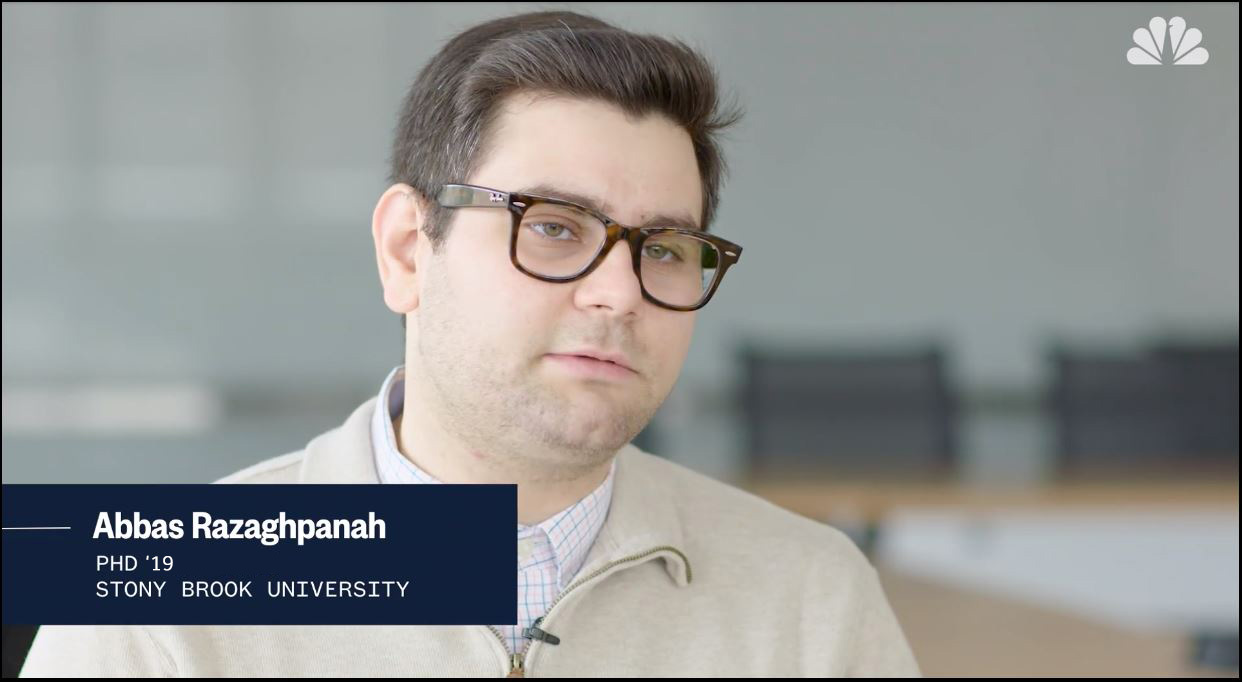 Recent Stony Brook Department of Computer Science PhD recipient, Abbas Razaghpanah (‘15 MS, December ‘19 PhD), was interviewed as part of an NBC Nightly News with Lester Holt story (“Privacy and Power”) about online and mobile app security. Razaghpanah appears in a segment called “What Your Apps Say About You.”
Recent Stony Brook Department of Computer Science PhD recipient, Abbas Razaghpanah (‘15 MS, December ‘19 PhD), was interviewed as part of an NBC Nightly News with Lester Holt story (“Privacy and Power”) about online and mobile app security. Razaghpanah appears in a segment called “What Your Apps Say About You.”


